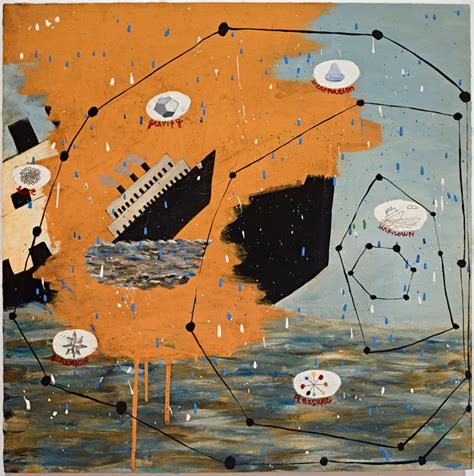A Quote by Donald Worster
Human domination over nature is quite simply an illusion, a passing dream by a naive species. It is an illusion that has cost us much, ensnared us in our own designs, given us a few boasts to make about our courage and genius, but all the same it is an illusion.
Related Quotes
Our moral reasoning is plagued by two illusions. The first illusion can be called the wag-the-dog illusion: We believe that our own moral judgment (the dog) is driven by our own moral reasoning (the tail). The second illusion can be called the wag-theother-dog's-tail illusion: In a moral argument, we expect the successful rebuttal of an opponent's arguments to change the opponent's mind. Such a belief is like thinking that forcing a dog's tail to wag by moving it with your hand will make the dog happy.
In April 1917 the illusion of isolation was destroyed, America came to the end of innocence, and of the exuberant freedom of bachelor independence. That the responsibilities of world power have not made us happier is no surprise. To help ourselves manage them, we have replaced the illusion of isolation with a new illusion of omnipotence.
In the beginning was belief, foolish belief, and faith, empty faith, and illusion, the terrible illusion. ... We believed in God, had faith in man, and lived with the illusion that in each one of us is a sacred spark from the fire of the shekinah, that each one carried in his eyes and in his soul the sign of God. This was the source—if not the cause—of all our misfortune.
The least livable life is the one without coherence-nothing connects, nothing means anything. Stories make connections. They allow us to see our past, our present, and our future as interrelated and purposeful.... The stories we value most reassure us that life is worth the pain, that meaning is not an illusion, and that others share our experience with us.
Human life is thus only a perpetual illusion; men deceive and flatter each other. No one speaks of us in our presence as he does of us in our absence. Human society is founded on mutual deceit; few friendships would endure if each knew what his friend said of him in his absence, although he then spoke in sincerity and without passion.
...we sacrifice other species to our own not because our own has any objective metaphysical privilege over others, but simply because it is ours. It may be very natural to have this loyalty to our own species, but let us hear no more from the naturalists about the "sentimentality" of anti-vivisectionists. If loyalty to our own species - preference for man simply because we are men - is not sentiment, then what is?
The part of you that is unhampered by illusion-the illusion of time, the illusion of powerlessness, the illusion of impossibility-i s waiting for you to slow down and open up so that it can speak to your consciousness. In some unguarded moment, you will hear its wildly improbable words and know that they are guiding you home.


































